The European Commission (EC) is funding a one-year study into the prospects for creating its own Low Earth Orbiting (LEO) broadband-by-satellite constellation. The EC has allocated €7.1 million ($8.7 million) to the feasibility study.
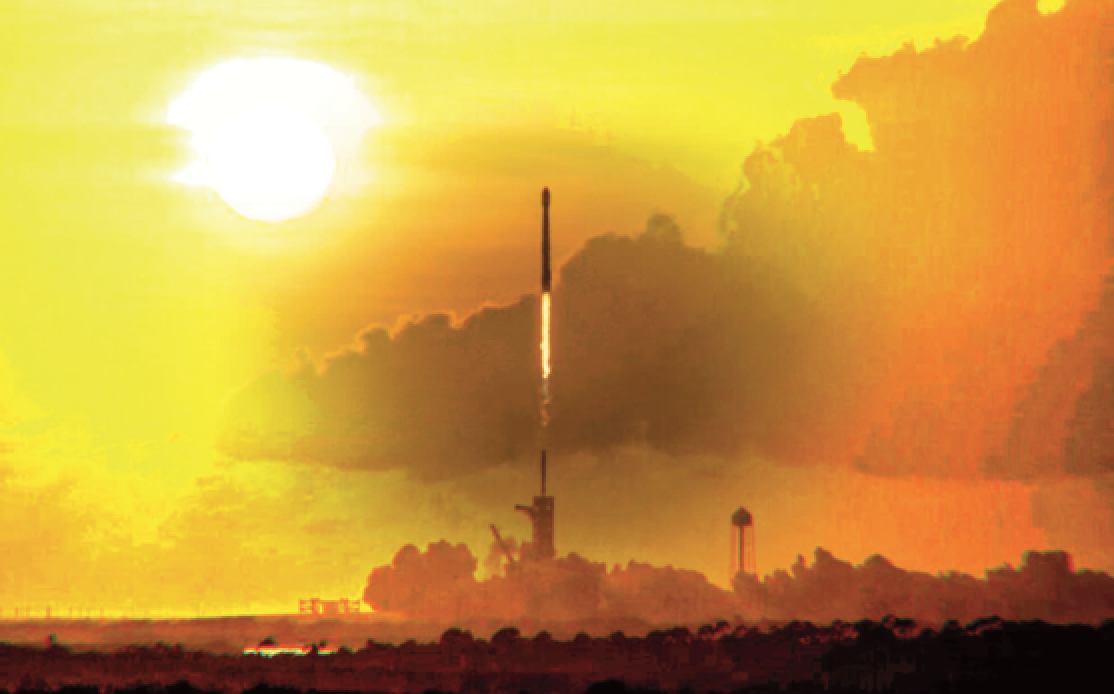
The European satellite builders and operators selected to work as a consortium on this study includes Airbus, Arianespace, Eutelsat, SES, Hispasat, Orange, Telespazio, Thales Alenia Space and OHB.
The study will be in two parts: Stage 1 will require four months and will advise as to whether or not a solution can be found as to operational frequencies for any system. Stage 2, lasting eight months, will pin down cost estimates (or more accurately, guesstimates).
“The study will look at how the space-based system could enhance and connect to current and future critical infrastructures, including terrestrial networks,” the EC said, adding that the study would look at what role satellites could play in 5G “while also taking into account the evolution toward upcoming 6G technologies.”
However, a (relatively) inexpensive study is a tiny down-payment on what could be an eventual $6 billion — or even $10 billion — final bill.
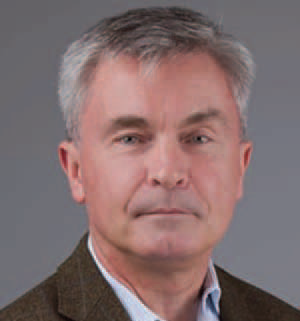
Mark Rigolle
In fact, if proof was needed as to the risks involved, the EC only has to look at the hard-won satellite experiences to date: The now UK/India-backed OneWeb, which went through a very expensive Chapter 11 bankruptcy in 2020; or LeoSat, the well-structured system that could have linked the globe’s financial trading houses with super-fast connectivity and which closed their operations at the end of 2019. Mark Rigolle, the CEO at LeoSat, joined a German would be LEO operator (KLEO Connect) in February 2020.
Mr Rigolle, in an interview a year ago, was quite blunt, “I don’t believe in any of the direct-to-consumer LEO types of constellations. Firstly, there is no affordable ground equipment available and it does not look as though it will be there any time soon. You will have depreciating assets in the sky without having a way of delivering a service in an affordable manner. That does not seem a recipe for success. I have always been clear on that point.”
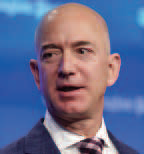
Jeff Bezos
Or, the EC might want to consider that it is only two of the planet’s three richest individuals who are funding global broadband satellite connectivity — Elon Musk and Amazon’s Jeff Bezos. Bezos has admitted that he is prepared to sink $10 billion into his Project Kuiper.
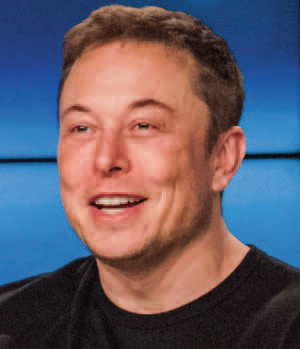
Elon Musk
Musk, meanwhile, has 1,000 satellites already on-orbit and holds licenses to launch as many as 42,000 satellites in total. Moreover, Musk’s Starlink is already up and working for a number of beta-tester users.
There are various, smaller schemes floating about, not the least of which is Canada’s Telesat which wants to operate 300 LEO satellites. China, no slouch when it comes to their desire for global domination, stated the nation wants their own LEO constellation.
Meanwhile, there are plenty of successful, geostationary, broadband suppliers up and running —– and with established consumer-based businesses. Foe example, Viasat of California, Eutelsat with its KONNECT system, Dish Network with its profitable Hughes Network division, are three of the better known.
The ‘direct-to-consumer’ challenge cannot be ignored. Of the EC’s chosen study consortium, only Eutelsat has any real experience — and not much in the way of profitability when it comes to operating a consumer-based service. The company bought BigBlu Broadband (BBB) last year to improve its prospects in this area and is depending on BBB and other similar, regional wholesalers for their next-generation KONNECT service.
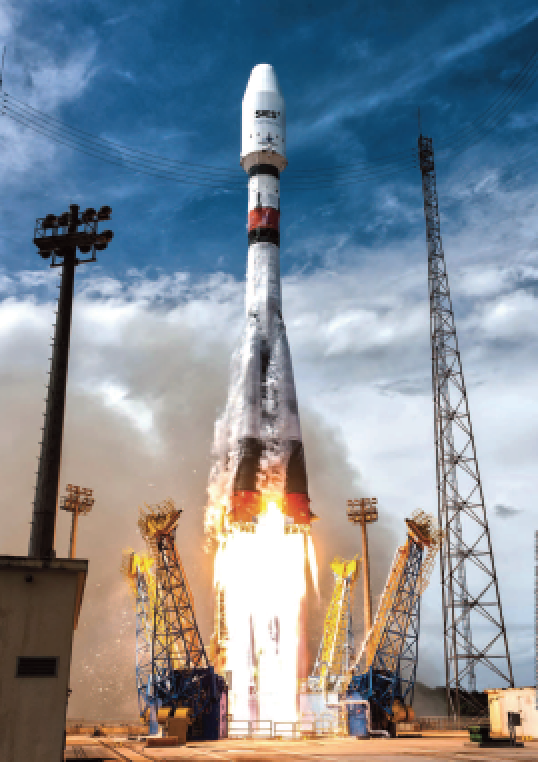
One observer has justifiably asked whether this EC-appointed consortium can come up with any cooperative solutions. “History gives no reason for optimism here on whether Eutelsat, Hispasat and SES can divide responsibilities for such a satellite network, which the commission foresees as a public-private partnership (PPP),” suggested Peter de Selding of Space Intel Report.
Never say never, of course; however, there is plenty of solid evidence that the companies engaged in the satellite construction sector can work together. Arianespace is a solitary launch specialist albeit with some flexibility with its Vega and Soyuz family. But it is SES, Eutelsat and Hispasat where you might find cooperation difficult in any end-result solution.
The formal tender document expects European contractors to have sole rights to build the network, which means Arianespace will be the inevitable launch supplier. This is all well and good, but Arianespace is not the most competitive launch provider, even when including its lower-cost Soyuz and Vega vehicles. Elon Musk’s Falcon highly-reliable reusable launchers are a fraction of the cost of Arianespace.
The tender documents also specifies that the proposed system is required to manage the EU’s space program, including the Galileo positioning system, space relay demands, Europe’s Air Traffic Management system (EGNOS) and connectivity for railway management and infrastructure as well as the future demand for intelligent traffic systems.
“On the longer term, it is also expected to provide other services such as digital signatures, authentication, and synchronization of ultraprecise time signals, as when these reach the necessary technological maturity level,” stated the tender document.

Potentially, the list is going to be expensive to supply. With a 6 to 10 billion euros to spend, the end result might be unaffordable. Not in the development of the system, but in the cost to the consumer! Time will tell.
Senior Columnist Chris Forrester is a well-known broadcasting journalist and industry consultant. He reports on all aspects of broadcasting with special emphasis on content, the business of television and emerging applications. He founded Rapid TV News and has edited Interspace and its successor Inside Satellite TV since 1996. He also files for Advanced-Television.com.

